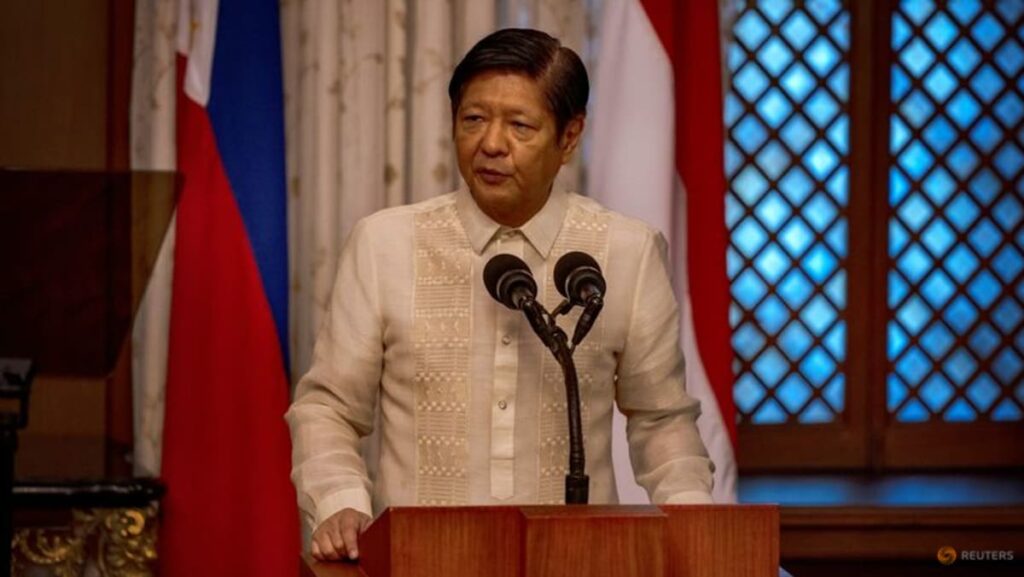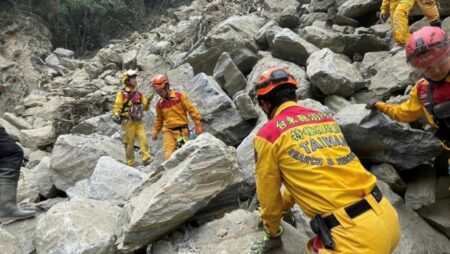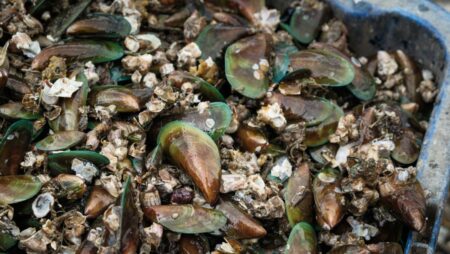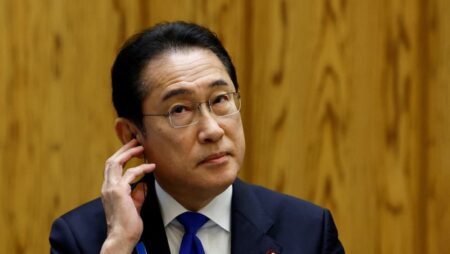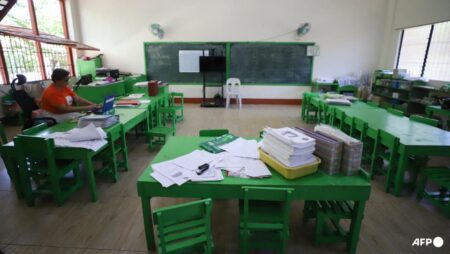In a departure from his predecessor’s pro-China stance, Marcos has accused China of aggressive acts in the Philippines’ exclusive economic zone, including use of water cannon and collision tactics to drive away Philippine vessels in areas Beijing sees as its territory.
Under Marcos, the Philippines has nearly doubled the number of its bases accessible to United States forces, including three new sites facing Taiwan, moves that China sees as provocations.
US-Philippines military exercises have taken place regularly for decades, but manoeuvres have extended recently to include joint air and sea patrols over the South China Sea and close to Taiwan, actions China has seen as provocations and “stirring up trouble”.
China, which claims sovereignty over most of the South China Sea, has accused the Philippines of repeatedly trespassing on its territory, while urging dialogue to prevent mishaps.
“There are those who sometimes justify such provocations under the pretext of geopolitics and mischaracterise the remedies availed of by the aggrieved as mere tactics in this grand strategic game,” said Marcos, the son and namesake of the late Philippine strongman who ruled for nearly two decades until his fall in 1986.
“Our independent foreign policy compels us to cooperate with them on matters where our interests align, to respectfully disagree on areas where our views differ, and to push back when our sworn principles such as our sovereignty, our sovereign rights, and our jurisdiction … are questioned or ignored.”
Read the full article here


